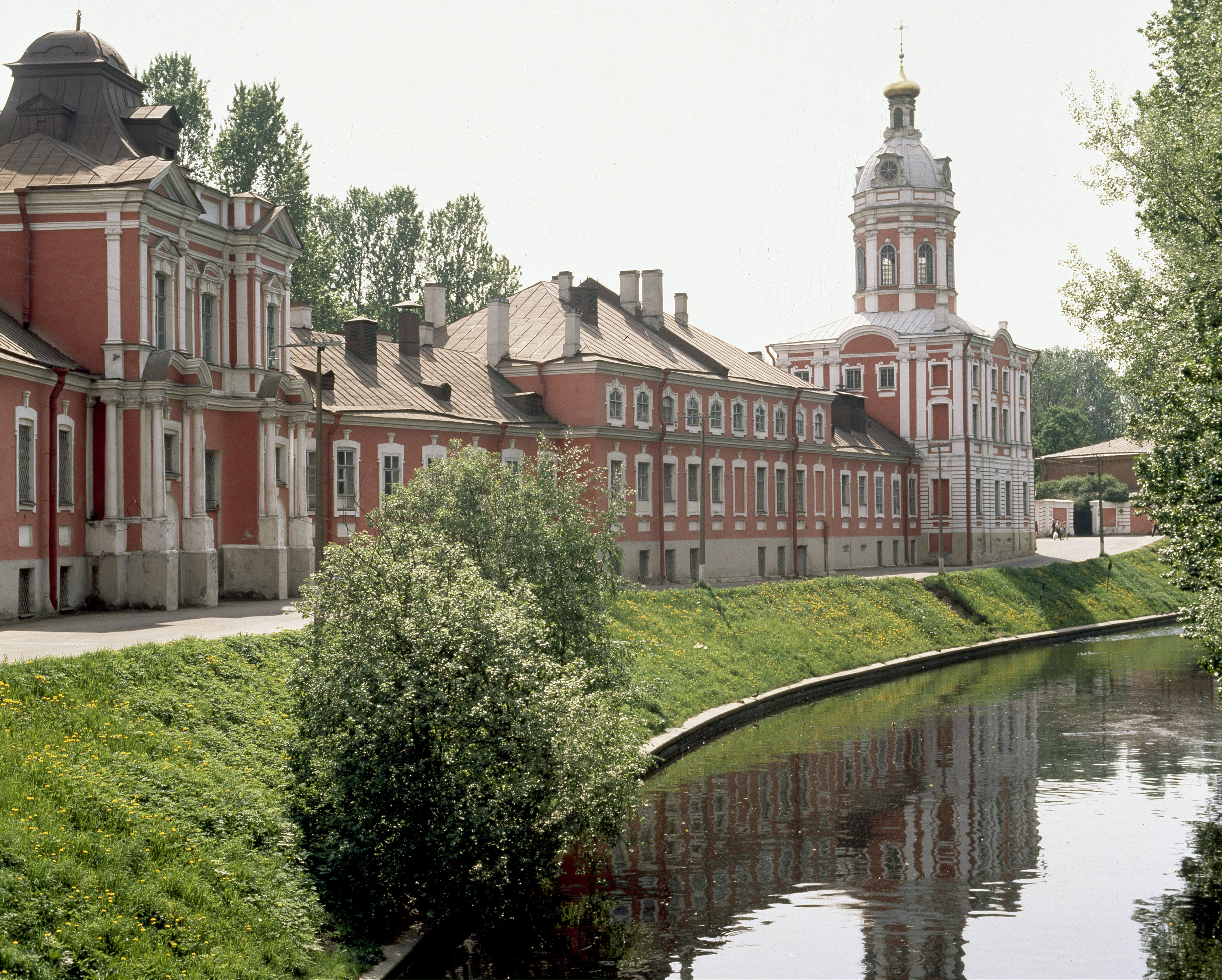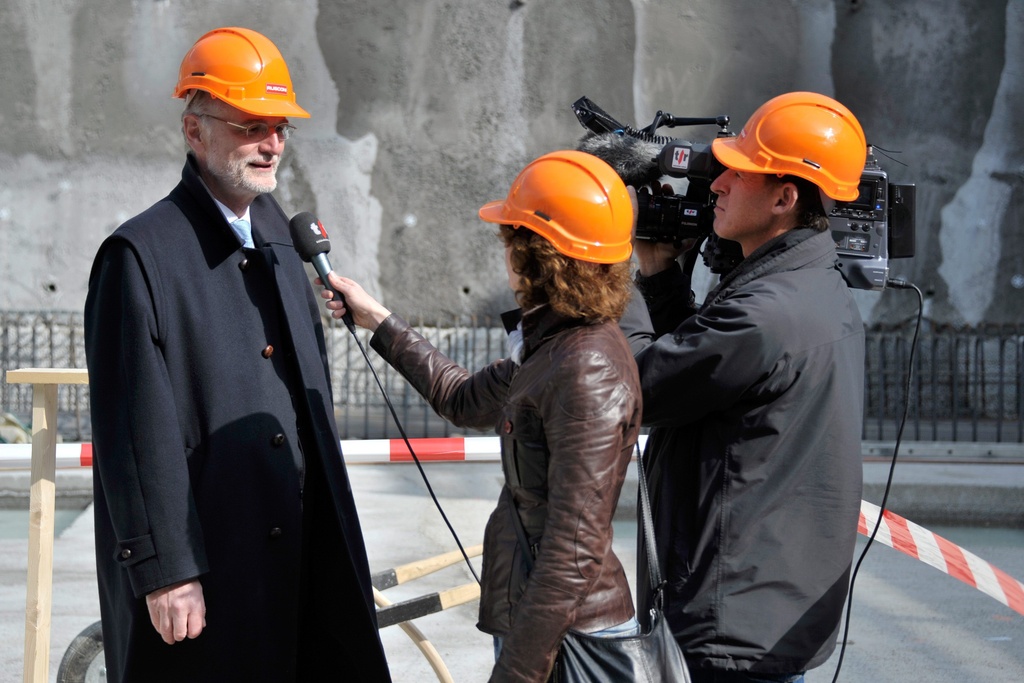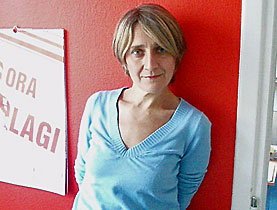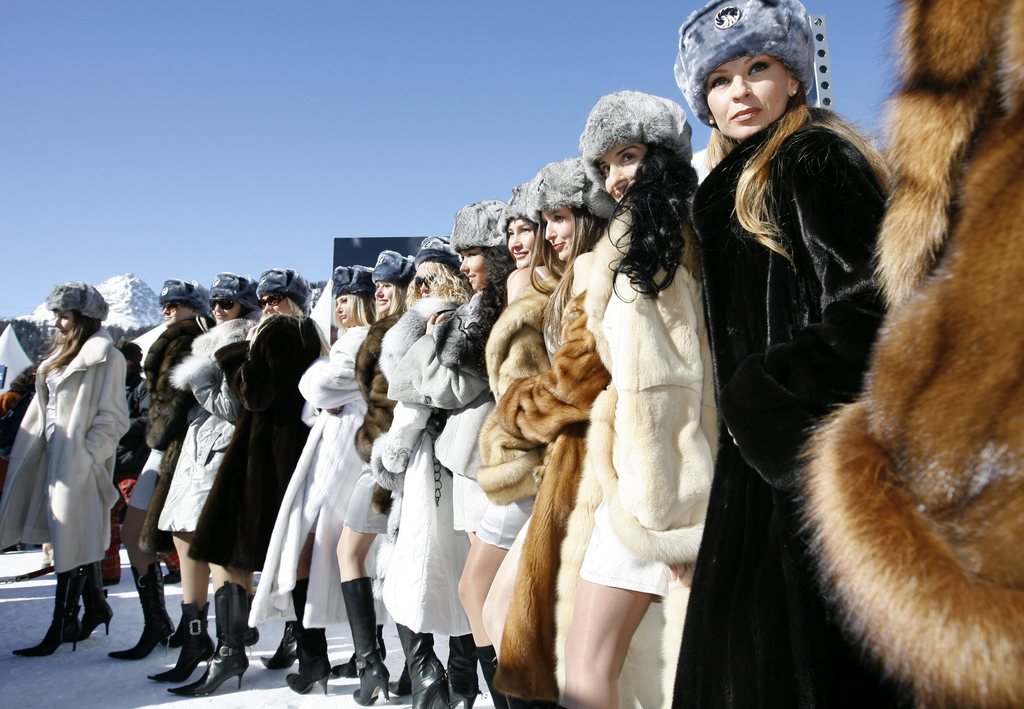An East wind blows over Pro Helvetia

Switzerland wants to boost its cultural exchange with eastern Europe – the next step being Russia.
The Swiss Arts Council Pro Helvetia is hoping to benefit from its 20 years of experience garnered in some former Soviet-bloc countries.
“In recent years we have received several requests from Swiss artists interested in working in this country, and as with China a few years ago, even already present [in Russia]!” said Mario Annoni, Pro Helvetia’s president.
Cultural exchange with other countries has been one of the institution’s cornerstones for several years. “It’s what characterises us,” said director Pius Knüsel. “We’re trying to reach places which are the hardest for artists to carve out a niche in, where our presence can make a difference.”
After Poland, Egypt, South Africa and China, Pro Helvetia is now turning its attention to Moscow, where it intends to open a branch office in 2015 in collaboration with the Swiss foreign ministry.
“Russia is an extremely attractive country on a cultural and artistic level,” said Olivier Cuendet, the first guest director at the Perm Opera in the Urals.
“Most musicians have an exceptional technique and have not lost their idealism. They are curious and open to new things, especially those outside the capital.”
Cuendet, like many other Swiss artists, has made Russia his second home, thanks not least to collaboration with Pro Helvetia.
“Artists from eastern Europe have always shown great interest in Swiss artistic initiatives and collaborations have had really remarkable results.”
Making the difference
Pro Helvetia has not been intimidated by Russia’s political and bureaucratic obstacles.
“When we went to Beijing in 2008 we also found a country in turmoil,” Knüsel said.
“But it’s easier in Russia. Civil society is better organised, there are strong structures and private individuals who are willing to invest in culture. It’s easier to find trusted partners in Russia than in China where – in addition to the political control – everything is very commercialised.”
Political instability is not an issue. “I don’t think that it will have an influence on cultural exchange between Switzerland and Russia,” said Jean-Philippe Jutzi of the foreign ministry Cultural Foreign Policy Centre.
“Collaboration between artists will continue, because culture – as an instrument of dialogue and communication – can only contribute to calming tensions and easing sources of conflict.”
Warsaw out
But the move towards Moscow means that the Warsaw office – currently the only one in eastern Europe – will be closing its doors in 2014. The decision is partly due to financial constraints, but also because there is now a regular artistic exchange between Switzerland and former eastern bloc nations.
“After the Soviet Union fell in 1991, Switzerland was one of the first western countries to support political transition, cultural promotion and economic development in the ‘Visegrad Group’: Poland, the Czech Republic, Slovakia and Hungary,” said Ula Kropiwiec, head of the Warsaw Pro Helvetia office.
“Artists had to live with censorship for more than half a century, a censorship which obliged them to declare their colours to the regime: either they were for or against.
“When the regime fell, they suddenly found themselves free but without the structures and financial means to carry their projects forward.”
Pro Helvetia helped establish an independent cultural scene, on a special mandate from the Swiss Agency for Development and Cooperation. Branch offices were opened in Budapest, Krakow, Prague and Bratislava.
And overseas
Unlike other countries, Pro Helvetia mainly supported independent projects, developed by small associations or individual artists, in peripheral regions.
But the Visegrad Group’s closeness to the European Union led Pro Helvetia to decide to concentrate its efforts on cultural exchange rather than on funding local artistic projects.
“It wasn’t easy at the beginning,” Kropiwiec said. “In 2002 we asked Swiss curators if they wanted to visit eastern Europe, but hardly anyone was interested… there was a lot of indifference – and a bit of ignorance – on both sides.”
Nowadays collaboration is intense in all areas, including theatre, dance, cinema, literature and photography.
“In recent years we have managed to create ties beyond our presence in the region,” confirmed Kropiwiec. “This experience was successful and it’s now the moment to put these resources at the disposal of other countries.”
Pro Helvetia could even be looking further afield, Annoni says. “Once we have consolidated our experience in Russia, we could consider Latin America. Swiss artists have already made their views known and who knows, perhaps in ten years Pro Helvetia could respond positively to their calls.”
The Swiss Arts Council Pro Helvetia is a foundation under public law which was created in 1939. Its mandate is to promote cultural projects of nationwide interest. It supports Swiss artists and intellectuals in creating and disseminating their works and helps them gain recognition both in Switzerland and abroad.
The government funds the budget. For 2012-2015 it stands at SFr34-36 million ($37-39 million) a year, of which SFr25 million is allocated to cultural projects: 40% in Switzerland and 60% abroad.
Pro Helvetia receives around 3,300 requests for financing a year and accepts around half. The minimum contribution is SFr1,000 (for example, for travel expenses) and the maximum is up to SFr250,000 for big projects.
Outside Switzerland there are branch offices in Cairo, Warsaw, New Delhi and Cape Town. It has a cultural centre in Paris and partially finances the Istituto Svizzero di Roma and the Swiss Institute New York. It has contracted out a mandate to swissnex San Francisco.
Pro Helvetia intends to close the Warsaw office in 2014 and open one in Russia in 2015. It has been present in Poland since 1992 and also coordinates projects in the Czech Republic, Slovakia, Hungary, Ukraine and the Baltic states.
In Switzerland cultural promotion is down primarily to cantons and communities. Since 2000 there has been a constitutional article on cultural activities.
Cultural activities of national importance are handled by the government, meaning that culture is also part of government policy. Among the most important bodies are the Federal Culture Office and Pro Helvetia.
Cultural activities abroad are often organised by diplomatic officials or, in the case of small projects, by the foreign ministry’s Cultural Foreign Policy Centre.
After years of parliamentary debate, the new law for the promotion of culture entered into force on January 1, 2012. It defines the responsibilities of the main bodies involved and guarantees four yearly financing for various institutions.
(Adapted from Italian by Isobel Leybold-Johnson)

In compliance with the JTI standards
More: SWI swissinfo.ch certified by the Journalism Trust Initiative




You can find an overview of ongoing debates with our journalists here. Please join us!
If you want to start a conversation about a topic raised in this article or want to report factual errors, email us at english@swissinfo.ch.